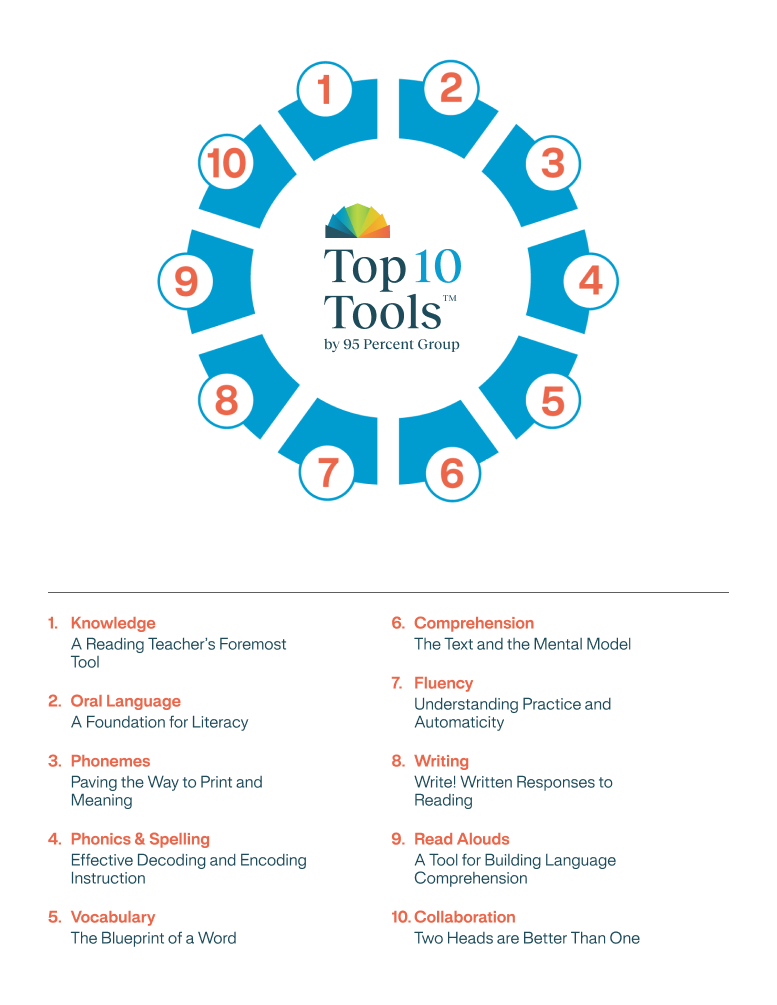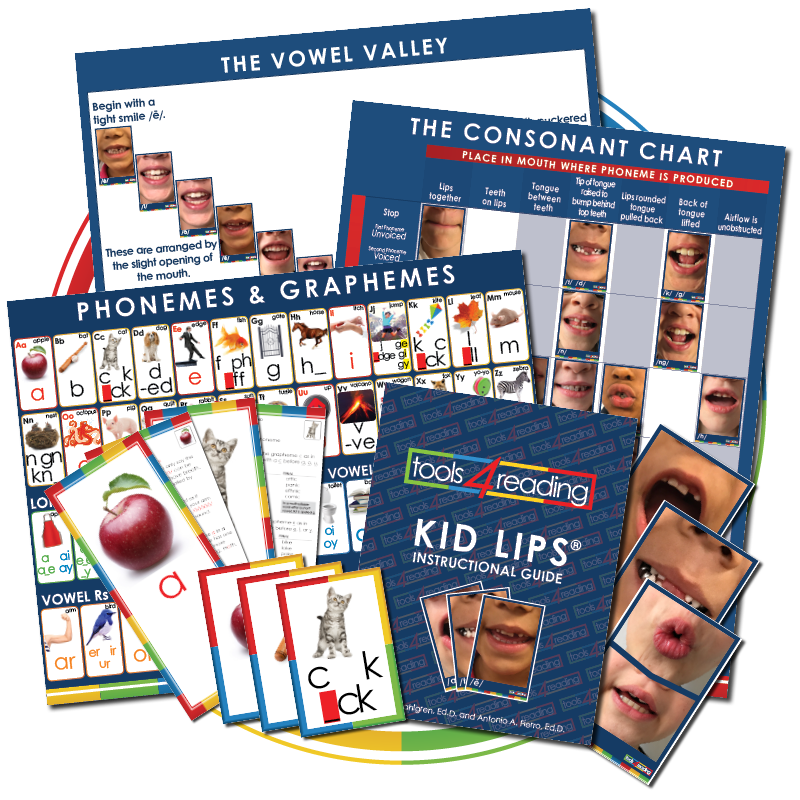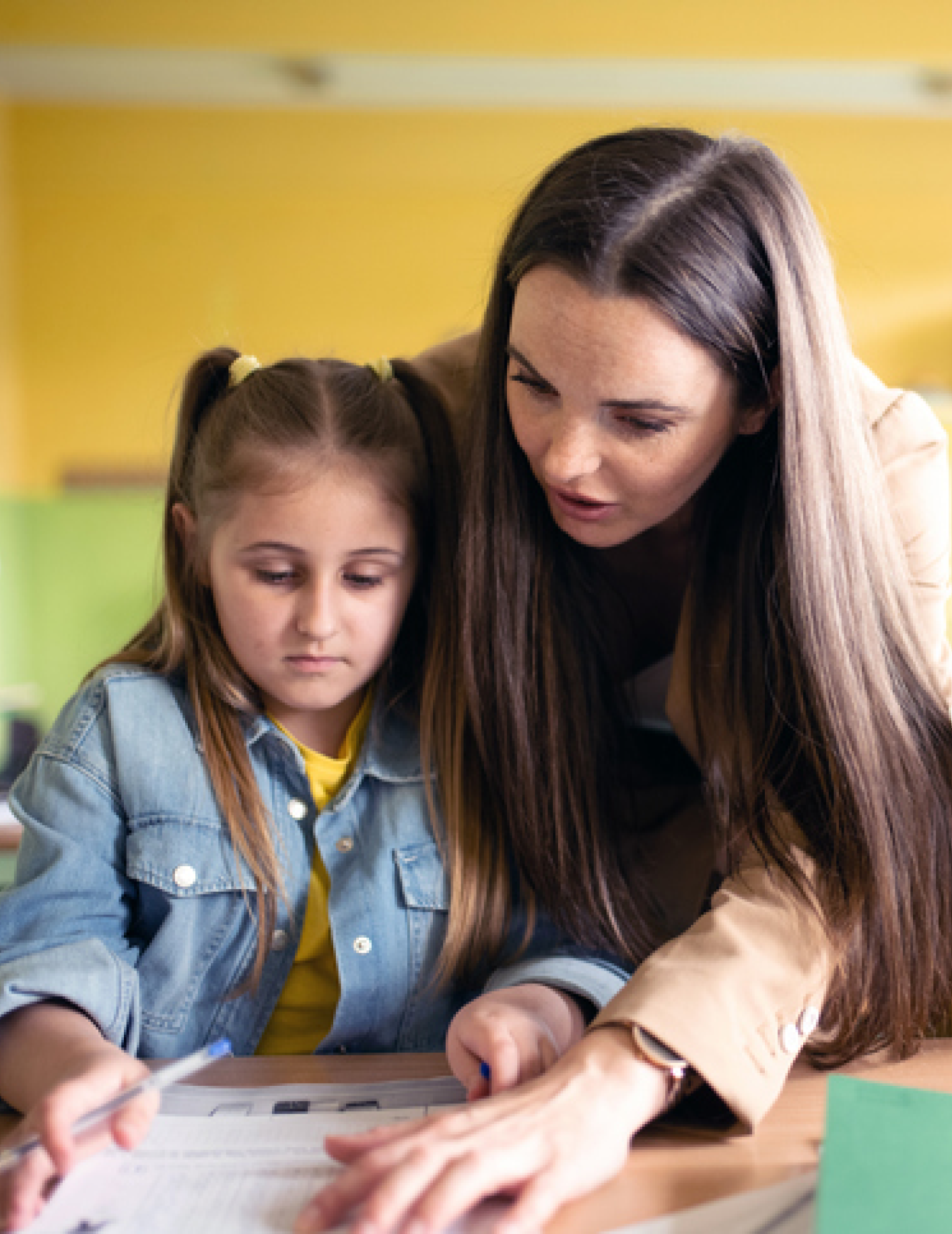Tools 4 Reading
Literacy tools for empowering educators with literacy resources and training to help every child achieve reading success.
The literacy tools you love, now part of the One95 Literacy Ecosystem
Recently 95 Percent Group acquired Tools 4 Reading, a company founded by literacy education leader Mary E. Dahlgren, Ed.D. The addition includes all of Tools 4 Reading’s widely-recognized classroom and professional learning resources, including The Reading Teacher’s Top 10 Tools.
Top 10 Tools™
Build your understanding of the science of reading and enhance your credentials in under 45 hours with this compact, accessible, and comprehensive suite of tools.
Sound Walls
Learn from focused instructional guides, and show students the relationship between specific spoken sounds, their articulation, and common phonemes and graphemes with Sound Wall cards, posters, and mirrors.
Spellography™
Complement your core reading program with a supplement that helps all students make sense of English spelling through enjoyable lessons that bridge understanding, reading, and writing.
Talk2Learn™
Enhance your early childhood students’ knowledge of the world while promoting and developing oral language foundations with Talk2Learn cards, activities, and teacher’s guides.
15
50 Nifty Activities
Provide teachers with evidence-based instructional activities that develop crucial reading pathways in the brain and make learning fun and engaging.

Since founding Tools 4 Reading in 2010, my team and I have taken seriously our commitment to work directly with teachers to embrace the science behind reading, and to give them the tools to do so. In 95 Percent Group, I am confident we have found the perfect partner who shares our beliefs and goals and will carry our mission into the future.
Mary E. Dahlgren, ED.D.

Featured: Top 10 Tools
Discover a better way to train. This holistic, immersive course is designed to boost your understanding of the Science of Reading and dramatically improve your instruction through 10 self-paced, easy-to-use modules.
The ten tools you need
Ten learning modules provide you with actionable, research-based insights on the core elements of literacy.
Tailored for teachers
In only 45 hours, you’ll elevate your skills and credentials as you prepare to deliver evidence-based reading and language arts instruction at every tier and in every grade.
Enjoy the freedom of flexibility
Dive into asynchronous lessons anytime, anywhere.
Showcase your skills
Earn your Top 10 Tools micro-credential, demonstrating you’ve achieved a high level of competency in Structured Literacy instruction.
The Top 10 Tools course was AMAZING. It was absolutely the best training I have ever received. It was intensive, comprehensive, and demanding but the payoff in my learning and being able to readily apply what I was learning was worth every minute of it.
Mary Spiker

Strong track record, promising future
95 Percent Group’s acquisition of Tools 4 Reading is the culmination of 15 years of the Tools 4 Reading team’s hard work and dedication. Tools 4 Reading team members are continuing to work hard alongside 95 Percent Group colleagues to keep moving forward the best knowledge and best practices in the science of reading.
This partnership is the perfect one for fully supporting educators and schools in developing confident, grade-level readers and driving district-wide literacy achievement.
95 Percent Group Announces Acquisition of Tools 4 Reading
15
years of Tools 4 Reading teamwork results in the “Perfect Partnership”
Interested in learning more?
Tools 4 Reading adds beloved and effective literacy offerings to the One95 literacy ecosystem, helping increase its impact upon schools and districts across the country. Discover how these offerings can transform your literacy instruction.

Expand your structured literacy toolkit
Engaging, cohesive, and intuitively designed for you and your students, the One95 Literacy Ecosystem helps you build a modular literacy toolkit to effectively teach tomorrow’s readers.
